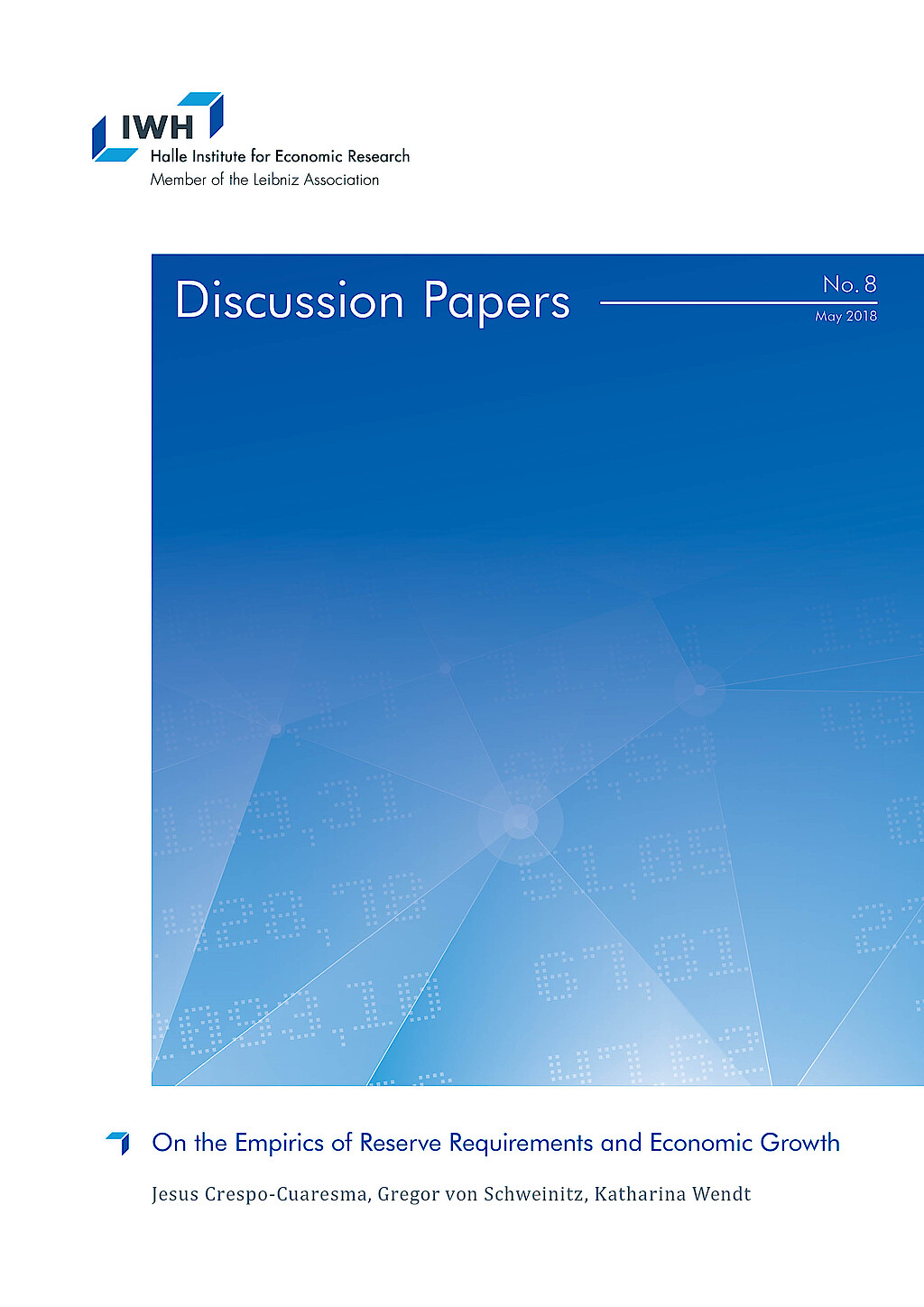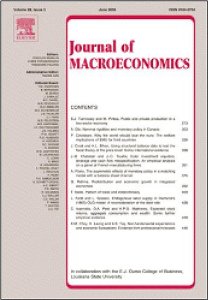
On the Empirics of Reserve Requirements and Economic Growth
Reserve requirements, as a tool of macroprudential policy, have been increasingly employed since the outbreak of the great financial crisis. We conduct an analysis of the effect of reserve requirements in tranquil and crisis times on credit and GDP growth making use of Bayesian model averaging methods. In terms of credit growth, we can show that initial negative effects of higher reserve requirements (which are often reported in the literature) tend to be short-lived and turn positive in the longer run. In terms of GDP per capita growth, we find on average a negative but not robust effect of regulation in tranquil times, which is only partly offset by a positive but also not robust effect in crisis times.






